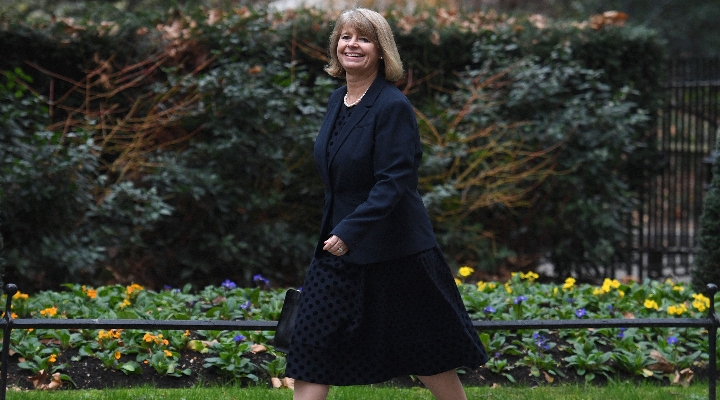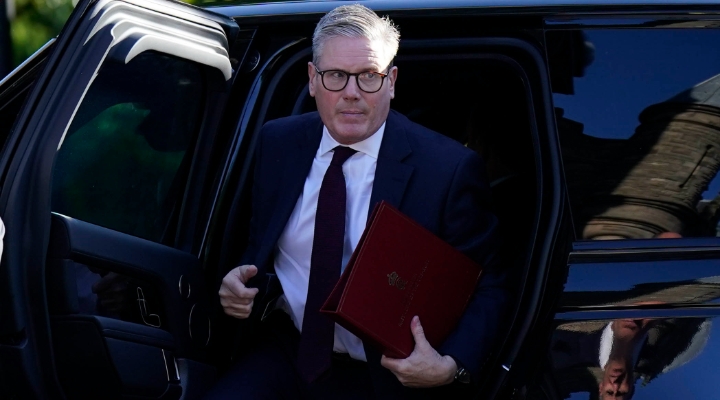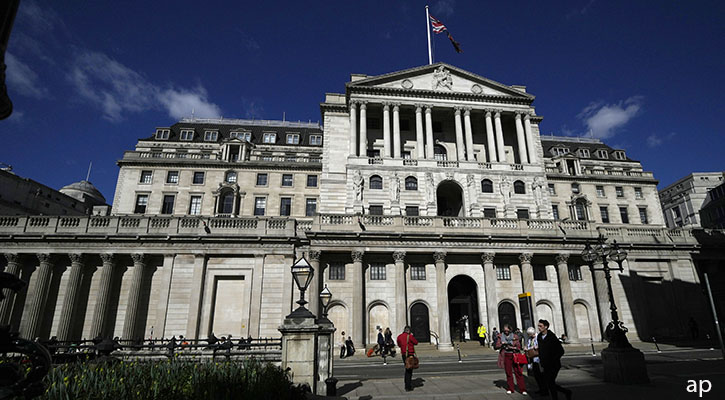
The Bank of England took a "leap in the dark" when it started to sell off government debt in 2022 and was not paying any attention to value for taxpayers' money, MPs on the Treasury Select Committee (TSC) have warned.
In a statement, the TSC said said the Bank had been the first major central bank in the world to embark on quantitative tightening (QT), which involves selling off government debt in order to remove money from the economy.
But while it was important for the Bank's decision makers to focus on setting borrowing costs, it urged officials to also explore ensuring the pace of so-called QT would be at least partly based on value for money (VFM) for the taxpayer.
"While recognising that QT is not considered an active monetary policy tool by the bank, the Committee determines decisions are being taken regarding vast amounts of taxpayers' money without any regard to value for money," the Committee said in a report.
Treasury Committee Chair Harriett Baldwin (pictured above) added: "it has become clear during the course of this inquiry that the decision to undertake a period of QT is a leap in the dark for the UK economy.
"I recognise the Bank of England does not have a crystal ball and is in uncharted waters, but more can be done to develop forecasting and modelling tools that can help us understand the risks and benefits of QT.
"With more public money at stake than was ever envisaged when [quantitative easing] was launched, the Bank and Treasury should take our advice and explore whether the usual value for money considerations can be factored in when deciding the pace and level of QT they implement."
The Bank said it would consider the committee's findings before responding.
The debt sold off in recent years by the Bank is the same it started buying during the 2008 financial crisis – when it wanted to add new money to the UK's struggling economy.
Responding, the Bank said: "we welcome the Committee's report and will consider its findings carefully before responding. We continue to encourage active debate about our monetary policy decisions and their implementation".
Via AP News




























